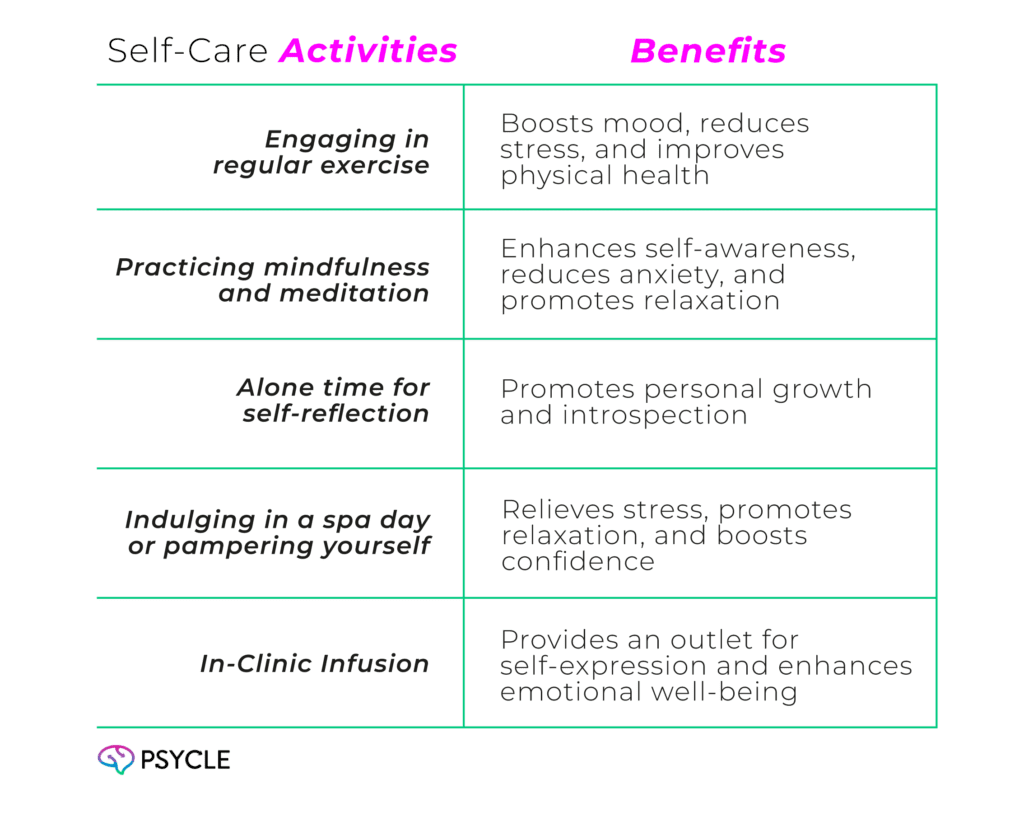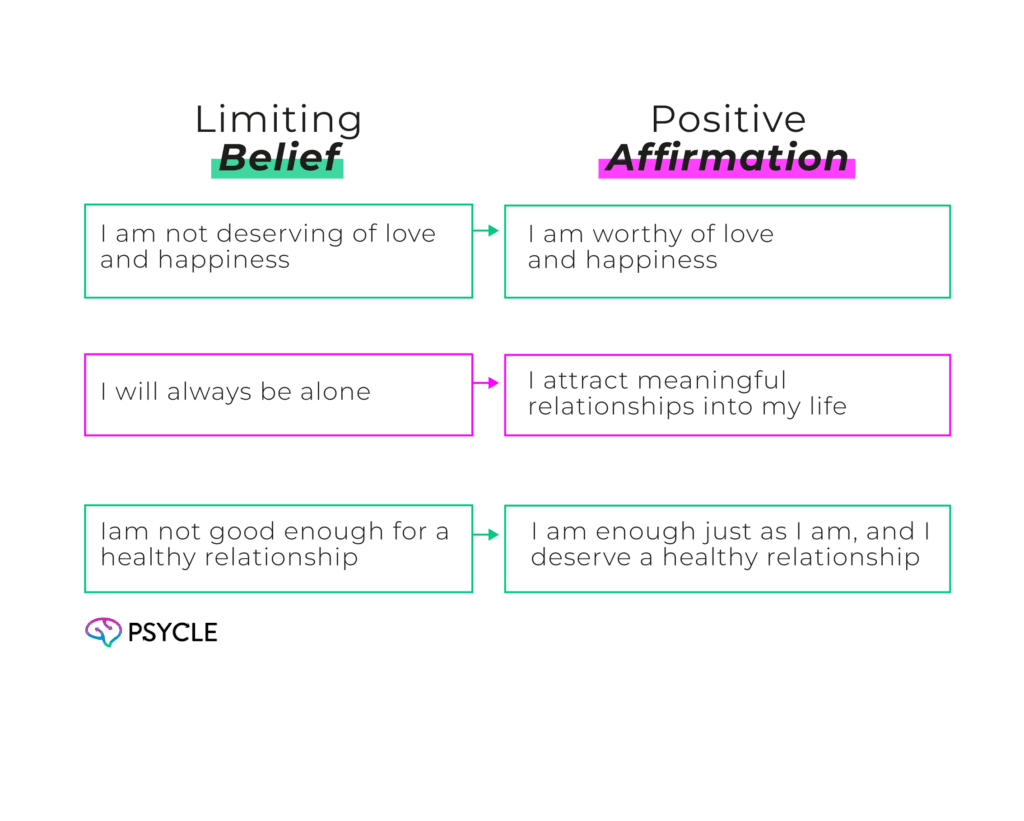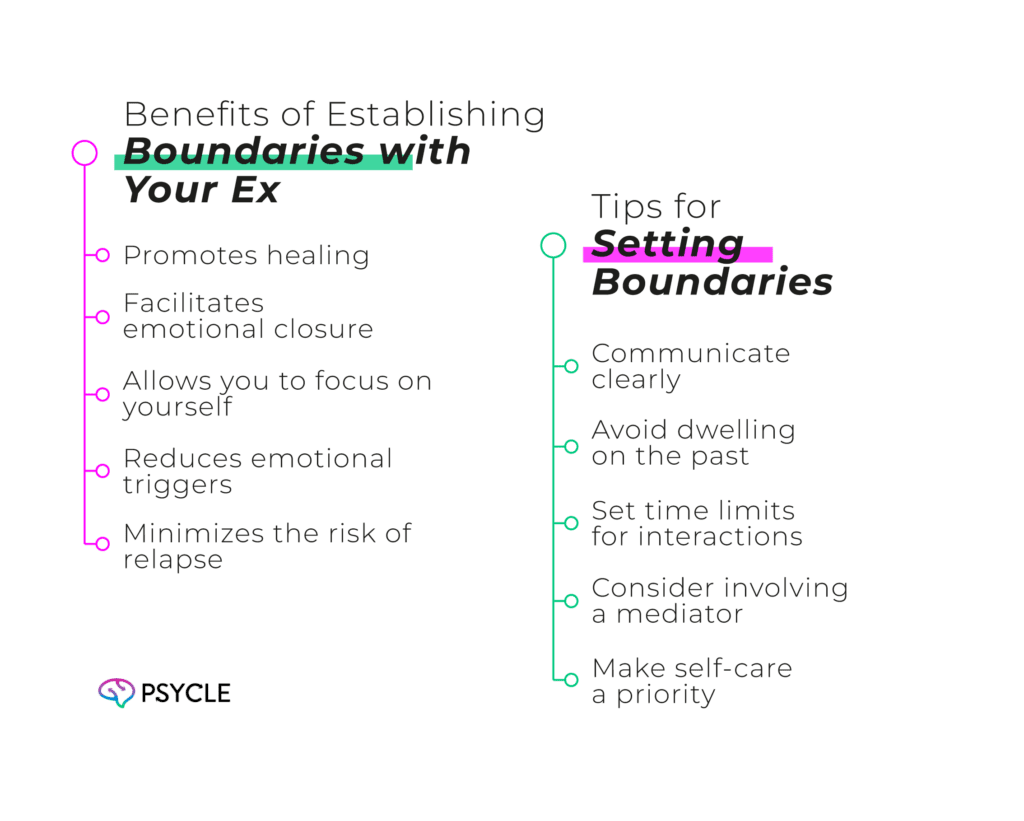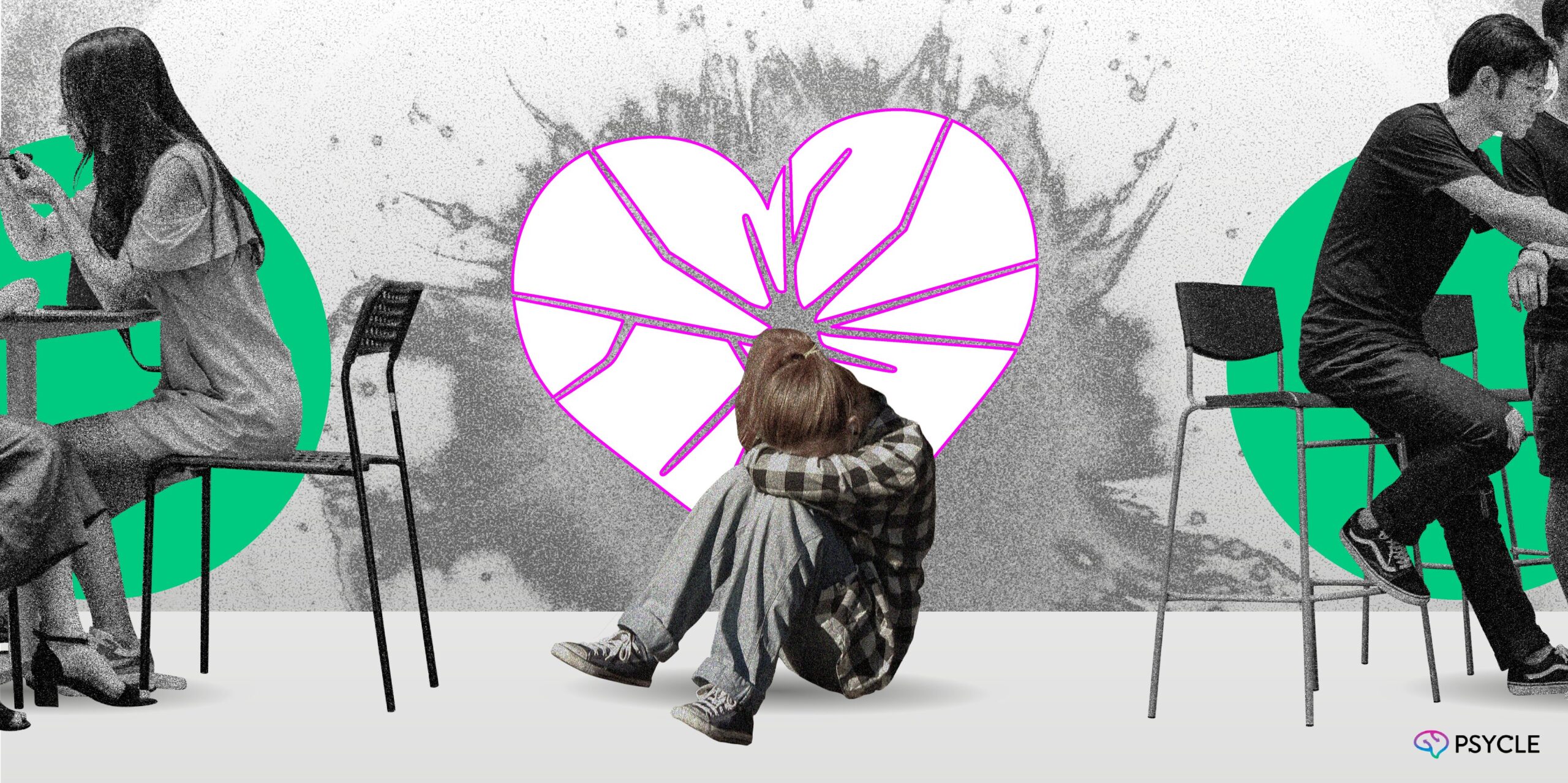Dealing with loneliness after a breakup is a common and natural experience. When a relationship ends, it is normal to feel a sense of loss and loneliness as you adjust to being single again. However, it is important to remember that loneliness is a temporary phase and a part of the healing process.
By focusing on self-care and implementing coping strategies, you can navigate through this challenging time and come out stronger on the other side.
Key Takeaways
- Loneliness after a breakup is a normal part of the healing process.
- Embrace solitude as an opportunity for self-discovery and personal growth.
- Engage in self-awareness activities such as journaling and meditation.
- Build a support system of friends, family, and professionals.
- Explore new interests and hobbies to distract yourself from feelings of loneliness.
Embrace Solitude for Self-Discovery
Embracing solitude after a breakup can be a valuable opportunity for self-reflection and self-discovery. Taking time alone allows you to reconnect with yourself, explore your inner thoughts, and gain a deeper understanding of who you are as an individual.
During moments of solitude, you can delve into your own thoughts without external distractions, allowing for introspection and personal growth. Without the influence of others, you have the freedom to explore your own desires and passions, discovering new interests and hobbies that bring you fulfillment.
Alone time also provides an opportunity to assess your personal values, beliefs, and goals. It allows you to reflect on past experiences and learn from them, gaining valuable insights for future decisions. This self-discovery journey can lead to increased self-confidence and a stronger sense of identity.
Reflecting on Your Solitude Experience
Take the time to reflect on your solitude experiences by asking yourself thought-provoking questions. Consider the following:
- What activities bring you joy and fulfillment when you are alone?
- What aspects of your life do you truly value?
- What are your dreams and aspirations for the future?
- What qualities do you admire in yourself?
By exploring these questions, you can gain a deeper understanding of yourself and your desires, allowing for personal growth and a greater sense of purpose.
The Benefits of Solitude
Embracing solitude for self-discovery offers numerous benefits for your overall well-being and personal development:
- Increased self-awareness: Solitude allows you to connect with your emotions and thoughts on a deeper level, enhancing your self-awareness.
- Clarity of mind: The quiet and stillness of solitude provide a space for clear thinking, helping you make decisions with greater clarity.
- Enhanced creativity: Time alone can inspire creativity, allowing new ideas and perspectives to emerge.
- Improved problem-solving skills: Solitude creates an environment where you can explore solutions to challenges without external distractions or biases.
- Increased resilience: Solitude gives you the opportunity to face your fears and build inner strength, making you more resilient in the face of adversity.
Embracing solitude for self-discovery is a transformative journey that can lead to profound personal growth and a deeper understanding of yourself. Use this time to reflect, explore new interests, and embrace the beauty of solitude.
Engage in Self-Awareness Activities
Engaging in self-awareness activities after a break-up can have profound benefits for your overall well-being and personal growth. By intentionally taking the time to reflect on yourself, you can gain valuable insights into your emotions, thoughts, and behaviors.
This self-reflection enables you to develop a deeper understanding of your needs, desires, and values, ultimately leading to a greater sense of self-awareness.
Self-awareness activities come in various forms, allowing you to choose the ones that resonate with you the most. Consider incorporating the following practices into your routine:
- Journaling: Writing down your thoughts and feelings can provide clarity and help you process your emotions. Make it a habit to journal regularly, allowing yourself the space to freely express and explore your inner world.
- Meditation: Taking a few moments each day to engage in mindfulness meditation can help quiet your mind and cultivate self-awareness. Focus on your breath, observe your thoughts, and embrace the present moment.
- Therapy: Seeking professional guidance through therapy or counseling can offer a supportive environment to delve into your emotions and gain a deeper understanding of yourself after a breakup. A trained therapist can provide valuable insights and help you navigate any challenges you encounter.
Engaging in these self-awareness activities not only facilitates emotional processing but also promotes self-care and boosts self-esteem. By developing a stronger sense of self-awareness after a break-up, you can make more informed decisions, cultivate healthier relationships, and better align your actions with your values.
Take the time to explore these practices and discover the transformative power of self-reflection.
Build a Support System
During the challenging period of post-breakup loneliness, building a support system is crucial to your emotional well-being and healing process. Having a network of supportive individuals can provide a sympathetic ear, emotional support, and guidance as you navigate through this difficult time.
There are different sources you can turn to when building your support system:
Friends and Family
Your friends and family are the closest people to you who genuinely care about your well-being. Reach out to them and confide in them about your feelings. They can listen, provide comfort, and remind you of your worth during moments of self-doubt.
Professionals
Seeking professional help, such as therapy or counseling, can be immensely beneficial in dealing with post-breakup loneliness. Trained professionals have the expertise to guide you through the healing process, offer valuable insights, and provide effective coping strategies.
Support Groups
Consider joining support groups that are specifically tailored to individuals going through a breakup or dealing with loneliness. These groups provide a safe space to share experiences, receive support from others who can relate, and learn from their journeys to overcome loneliness.
Online Communities
The internet opens up a world of online communities where you can connect with people who share similar experiences. Online forums, social media groups, and virtual support networks can provide a sense of belonging, understanding, and companionship in the digital space.
Remember, building a support system takes time and effort. Be open to reaching out and leaning on others for support, and reciprocate by being there for them when they need it too. Surrounding yourself with people who genuinely care about your well-being can provide the support system you need to heal and ultimately move forward.
Explore New Interests
When dealing with loneliness after a breakup, it’s essential to find healthy ways to occupy your mind and heart. Exploring new interests and hobbies not only provides a welcome distraction but also opens doors to personal growth and self-discovery. Use this time to embrace new activities, connect with like-minded individuals, and expand your horizons.
Try Out New Activities
Engaging in new activities can be an exciting way to redirect your energy and focus. Consider trying activities or hobbies you’ve always been curious about. Whether it’s painting, dancing, or cooking, exploring new interests can help you find joy and fulfillment in newfound passions.
Join Social Groups
Joining social groups or clubs related to your interests can introduce you to a whole new community of people with similar hobbies. This provides an opportunity to make new friends, share experiences, and create meaningful connections that can alleviate feelings of loneliness.
Take Classes
Enrolling in classes or workshops can not only help you learn a new skill but also provide an environment where you can engage with others who share common interests. Whether it’s a fitness class, an art workshop, or a language course, these classes can be a great way to meet people and expand your social circle.
Exploring new interests and hobbies plays a pivotal role in post-breakup self-discovery. It allows you to channel your energy into positive experiences, meet new people, and find joy in new activities. Embrace this opportunity for personal growth and let it be a stepping stone towards a brighter future.
Practice Self-Care
In the midst of dealing with post-breakup loneliness, it’s crucial to prioritize self-care and focus on your well-being. Taking care of your physical and emotional needs can significantly contribute to your healing process. Here are some self-care practices to help you navigate this challenging time.
Get Enough Sleep
Adequate sleep is essential for your overall well-being. It helps restore your body and mind, boosting your mood and energy levels. Aim for seven to nine hours of quality sleep each night to rejuvenate yourself.
Eat Well
Fueling your body with nourishing and balanced meals is a key aspect of self-care. Ensure you consume a variety of fruits, vegetables, lean proteins, and whole grains to support your physical and emotional health.
Engage in Joyful Activities
Participating in activities that bring you joy and fulfillment can greatly improve your well-being. It could be pursuing a hobby, going for a walk in nature, reading a book, listening to music, or spending time with loved ones. Find what makes you happy and prioritize incorporating it into your daily routine.
Show Self-Compassion
Show yourself kindness and understanding during this challenging time. Practice self-compassion by acknowledging your emotions, accepting that it’s okay to feel lonely, and offering yourself words of encouragement and love.
Practice Self-Love
Cultivate self-love by treating yourself with the same care and respect you would give to a close friend. Celebrate your strengths, focus on your positive qualities, and engage in positive self-talk. Remind yourself that you deserve happiness and that you are worthy of love and compassion.
By incorporating self-care practices into your daily routine, you can nurture your well-being and foster resilience as you navigate the journey of healing and self-discovery.


Challenge Limiting Beliefs
One of the key factors that contribute to feelings of loneliness after a breakup is the presence of limiting beliefs and negative self-talk. These internal thoughts can reinforce the idea that you are unworthy of love and companionship, further perpetuating your feelings of loneliness. However, by identifying and challenging these beliefs, you can begin to shift your mindset and cultivate a more positive and optimistic outlook.
Limiting beliefs are deeply ingrained thoughts and assumptions that hold you back from reaching your full potential. They often stem from past experiences or societal conditioning and can adversely impact your self-esteem and overall well-being. Common limiting beliefs include:
- I am not deserving of love and happiness.
- I will always be alone.
- I am not good enough for a healthy relationship.
To challenge these beliefs, it is important to recognize that they are not based on facts or reality, but rather on negative interpretations and self-doubt. Start by questioning the evidence behind these beliefs and challenge their validity. Ask yourself:
Is there any objective evidence that supports these beliefs? What experiences or thoughts have led me to internalize these negative beliefs?
By examining the origins of these beliefs, you can begin to see them for what they truly are: self-imposed limitations that hinder your personal growth and happiness.
Next, replace your negative self-talk with positive affirmations. Focus on cultivating a more optimistic mindset and challenging yourself to embrace new possibilities. Repeat affirmations such as:
I am worthy of love and companionship.
I attract positive and fulfilling relationships into my life.
I am enough just as I am.
Repeating these affirmations regularly can help reprogram your subconscious mind and dismantle the negative beliefs that contribute to feelings of loneliness. Over time, you will start to notice a shift in your mindset and a greater sense of self-worth.
Examples of Positive Affirmations for Challenging Limiting Beliefs


By challenging limiting beliefs and replacing negative self-talk with positive affirmations, you can significantly shift your mindset and create a more empowering narrative. As a result, you will be better equipped to overcome feelings of loneliness and embrace a more fulfilling and joyful post-breakup life.
Seek Professional Help if Needed
If you find it difficult to cope with loneliness or if it becomes overwhelming, do not hesitate to seek professional help. A therapist or counselor can provide the necessary guidance, support, and tools to help you navigate this challenging period and improve your mental health.
Want to try therapy? Online-therapy.com offers personalized treatments completely online so you can get your therapy sessions adapted to your lifestyle. Click the banner below and get 20% off your first month!


When facing post-breakup loneliness, professional assistance can be invaluable in helping you process your emotions, develop coping strategies, and regain a sense of balance in your life. A trained therapist or counselor can offer a safe and confidential space for you to express your feelings, explore underlying issues, and gain insights into yourself.
Therapy sessions can be tailored to your individual needs, focusing on specific areas such as building self-esteem, improving communication skills, or addressing any mental health concerns that may arise during this time.
A professional can help you identify negative thought patterns or behaviors that may be prolonging your feelings of loneliness and assist you in developing healthier habits and perspectives.
Engaging in therapy or counseling can also provide you with a support system outside of your friends and family. It allows you to have a dedicated space to share your experiences without concerns of judgment or bias.
Therapists and counselors have the expertise to guide you through the healing process and equip you with valuable tools and techniques to cope with loneliness and navigate future relationships in a healthier and more fulfilling way.
Remember, seeking professional help is a sign of strength, not weakness. It demonstrates your commitment to taking care of your mental well-being and investing in your personal growth. With the right professional assistance, you can overcome the challenges of loneliness and emerge stronger, happier, and more resilient.
Establish Boundaries with Your Ex
Establishing clear boundaries with your ex-partner is crucial for your healing process and ability to move on. Boundaries help create a sense of closure and allow you to focus on your own well-being.
If necessary, limit contact with your ex-partner to avoid prolonging your healing journey. This means minimizing interactions, both in person and through other communication channels.
Consider unfollowing or unfriending your ex-partner on social media to create emotional distance. Seeing updates or pictures of them can hinder your progress and keep you tied to the past.
Here are some effective strategies for establishing boundaries with your ex-partner:
- Communicate your boundaries clearly and assertively. Let your ex-partner know what you are comfortable with and what is unacceptable.
- Avoid engaging in conversations about the past relationship or dwelling on what went wrong. Focus on the present and moving forward.
- Set time limits for interactions or conversations. This helps prevent the relapse into old patterns and keeps the communication focused and efficient.
- Consider involving a third party, such as a mediator or a trusted friend, if direct communication with your ex-partner becomes challenging.
- Give yourself permission to prioritize yourself and your healing. It is okay to prioritize your well-being and establish boundaries that support your emotional growth.
Establishing boundaries with your ex-partner may not be easy, but it is an essential step towards achieving closure and moving on with your life. Remember that your well-being is a priority, and setting boundaries empowers you to take control of your healing process.


Practice Patience and Self-Compassion
Healing after a breakup is not a linear process. It takes time for wounds to mend and for the pain to subside. It’s important to practice patience with yourself as you navigate through the healing journey.
During this time, it’s crucial to show yourself compassion. Allow yourself to grieve the loss of the relationship and the dreams that came with it. Be gentle with your emotions and acknowledge that it’s okay to have both good and bad days.
Patience and self-compassion are the cornerstones of healing. Give yourself the time and space you need to heal at your own pace. Remember that everyone’s healing process is unique, and there’s no right or wrong way to go about it.
Embrace the journey of healing, knowing that time is your ally. Trust in your ability to overcome this hardship and emerge as a stronger, more resilient version of yourself. The path to healing may be long and challenging, but it is also transformative and empowering.
Conclusion
Dealing with loneliness after a breakup is undoubtedly a challenging process, but it is important to remember that healing and happiness are achievable. By embracing solitude, engaging in self-awareness activities, building a support system, exploring new interests, and seeking professional help if needed, you can take significant steps towards moving on and finding fulfillment.
Overall, navigating the journey of post-breakup loneliness requires perseverance and self-care, but, you can find healing, happiness, and a renewed sense of self as you move on to the next chapter of your life.
FAQs
How Common is Loneliness After a Breakup?
Loneliness is a normal experience after a breakup. It is a natural part of the healing process.
How Can I Embrace Solitude for Self-Discovery?
Embracing solitude can be a valuable opportunity for self-reflection and self-discovery post-breakup. Use this time to reconnect with yourself, discover new interests, and gain a deeper understanding of who you are as an individual.
What Self-Awareness Activities Can Help Me Process My Emotions?
Engaging in self-awareness activities such as journaling, meditation, or therapy can help you process your emotions and gain insights into your feelings after a breakup. It can also boost your self-esteem and promote self-acceptance.
How Can I Build a Support System During this Time?
Building a support system is crucial during this time. Reach out to friends, family, or professionals who can provide a sympathetic ear and emotional support.
How Can Exploring New Interests Help with Loneliness?
Exploring new interests and hobbies can not only distract you from feelings of loneliness but also provide personal growth opportunities. Try out activities you’ve always wanted to pursue, join social groups, or take classes to meet new people and discover new passions.
What are Some Self-Care Practices to Prioritize My Well-Being?
Take care of your physical and emotional needs by getting enough sleep, eating well, and engaging in activities that bring you joy. Show yourself compassion and practice self-love.
How Can I Challenge Limiting Beliefs and Negative Self-Talk?
Identify and challenge any limiting beliefs or negative self-talk that may be contributing to feelings of loneliness. Replace them with positive affirmations and cultivate a more optimistic mindset.
When Should I Seek Professional Help?
If you find it difficult to cope with loneliness or if it becomes overwhelming, do not hesitate to seek professional help. A therapist or counselor can provide guidance, support, and tools to help you navigate this challenging period.
How Can I Establish Boundaries with My Ex-Partner?
It is important to establish clear boundaries with your ex-partner to facilitate healing and moving on. Limit contact if necessary, unfollow or unfriend them on social media, and focus on creating distance to gain closure.
How Long Does it Take to Heal from Loneliness After a Breakup?
Healing takes time, and it is essential to be patient with yourself. Practice self-compassion and allow yourself to grieve the loss of the relationship. Remember that healing is a journey and that it is okay to have both good and bad days.
Can I Find Happiness After Dealing with Loneliness After a Breakup?
Dealing with loneliness after a breakup is a challenging process, but it is possible to find healing and happiness. Embrace solitude, engage in self-awareness activities, build a support system, explore new interests, and seek professional help if needed. Remember to be patient and kind to yourself as you navigate this journey of self-discovery and growth.

